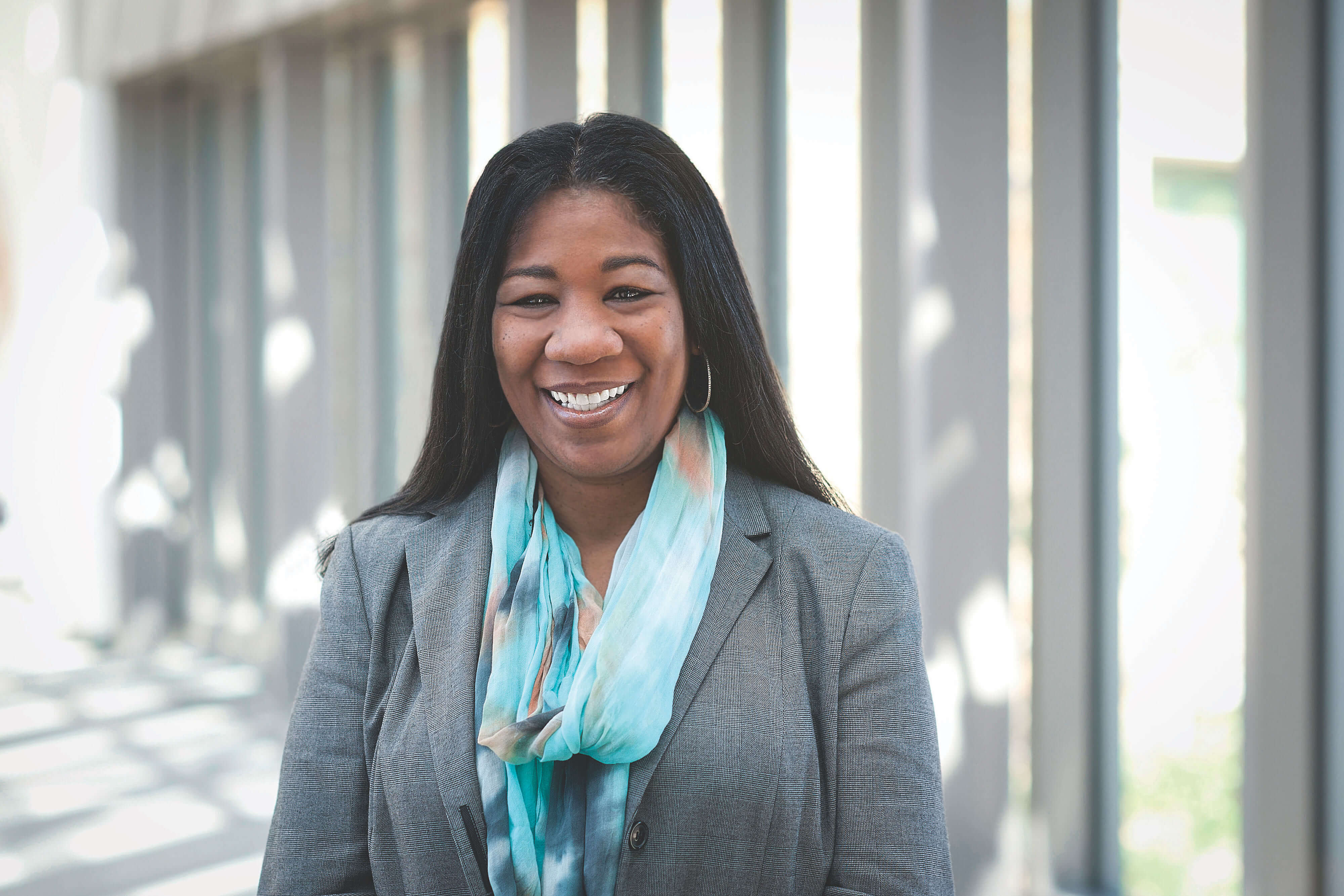
Combating Zika
The mosquito-borne virus represents an unprecedented health crisis for pregnant women, but Michele Evering-Watley ’89 is working round the clock to minimize its impact at home and abroad.
When news of a Zika virus outbreak first began circulating early in 2016, Michele Evering-Watley ’89 leapt into action. As a health education specialist for the Centers for Disease Control and Prevention, Evering-Watley has spent years teaching others how to combat diseases such as AIDS and Ebola.
But Zika, which has since swept across Latin America and the Caribbean, was especially troubling.
The virus, which is spread primarily by the Aedes aegypti mosquito but can also be transmitted through sexual contact, causes such mild symptoms that most people never even know they have it. Yet when it infects pregnant women it can cause a broad range of birth defects—including microcephaly, a neurological disorder characterized by an undersized heads and severe brain damage.
“Babies can be born with deformities that touch not only the children’s lives, but their parents, their families, and the health system that now has to take care of them,” says Evering-Watley, who has a toddler of her own.
Immediately volunteering to help contain the virus’s spread, Evering-Watley was dispatched to the US Virgin Islands, where she spent two month-long tours doing Zika-related communications and outreach work.
Traveling from island to island by plane and ferry, Evering-Watley spoke at schools, churches, and town hall meetings, detailing the signs and symptoms of the virus and explaining how to prevent its spread by using window screens and eliminating the standing water in which Ae. aegypti lays its eggs.
She also helped create a database of all the pregnant women in the territory to ensure that each would receive the support needed to protect themselves and their families, from free testing to prevention kits containing bed nets and mosquito repellent. And she reached out to community-based organizations that work with disenfranchised women to make sure that no one fell through the cracks.
During her first tour in March 2016, there were few confirmed cases, and many residents didn’t share her sense of urgency.
By the end of her second tour last September, however, there were hundreds of cases, and one baby had been born with microcephaly. “That was hard to see,” says Evering-Watley.
But it did make people more receptive to her message. Indeed, many locals were by then outraged that waste management services had not already done more to clear the garbage in which Ae. aegypti breeds.
Moving forward, says Evering-Watley, the biggest challenge to thwarting Zika lies in the simple fact that it is primarily a mosquito-borne illness. “I don’t know if we’ll ever be able to get rid of all the mosquitoes,” she says. Which makes education and prevention even more vital.